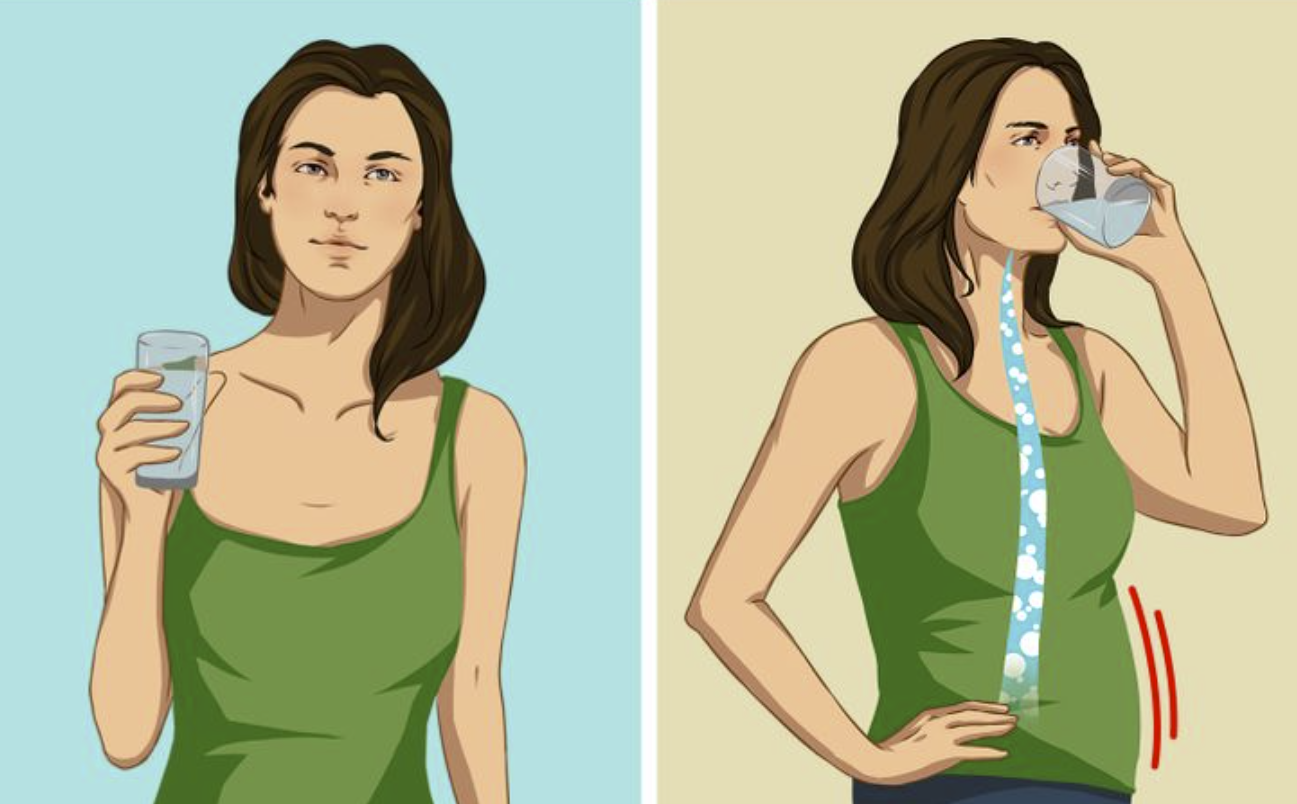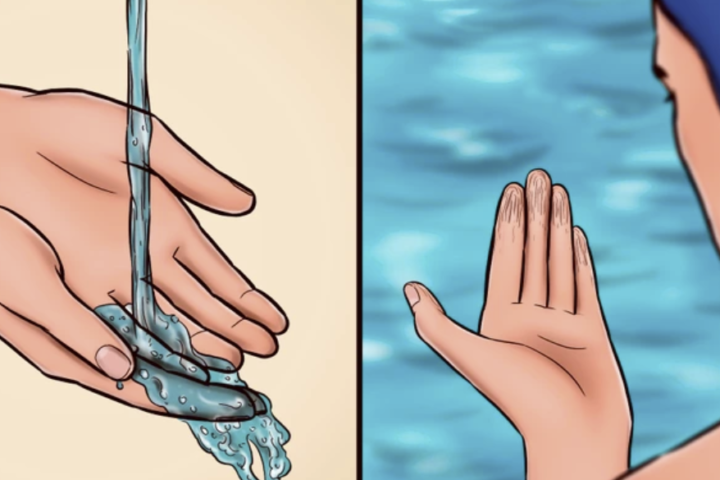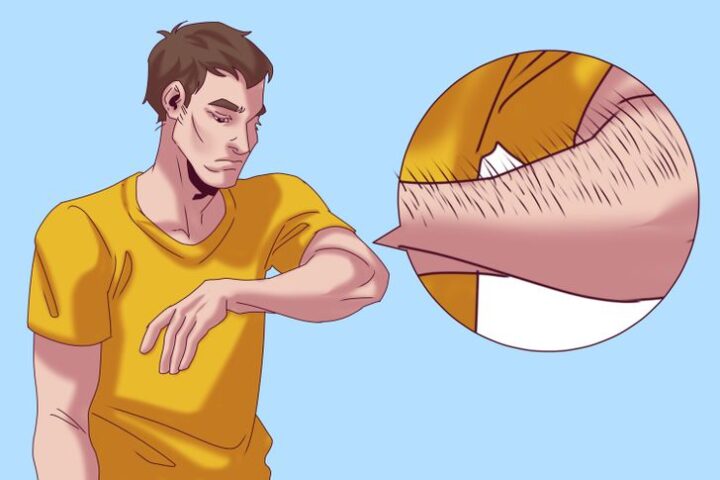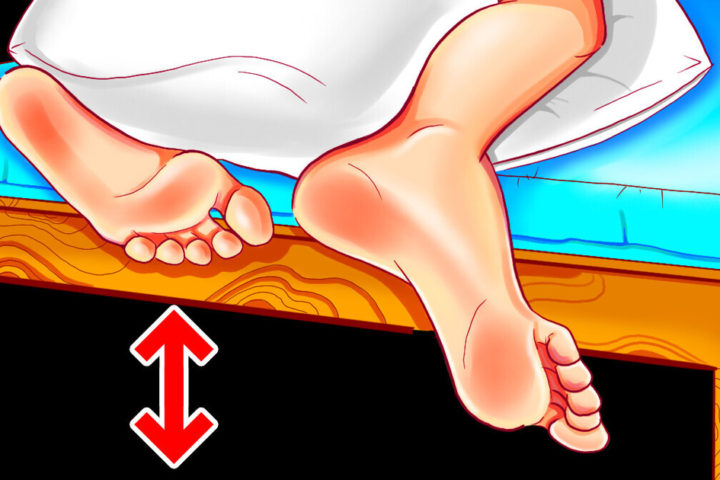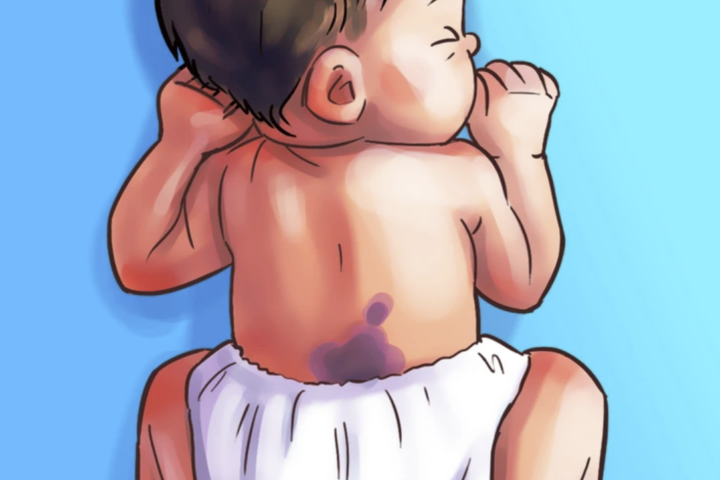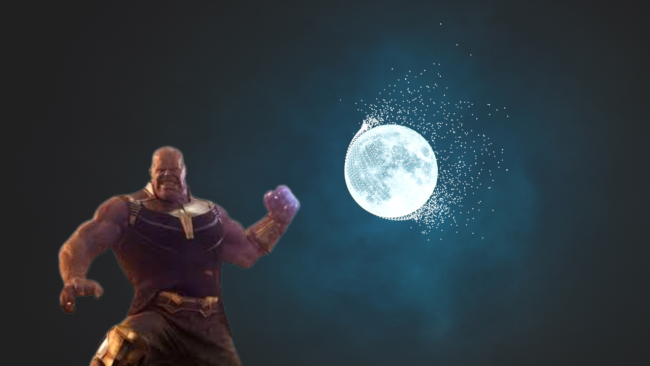Drinking water is essential for human survival, and it is recommended that we drink at least 8 glasses of water every day. However, drinking too much water can lead to a condition called hyponatremia, which can be dangerous and potentially life-threatening. Let’s explore what will happen if you drink too much water and how it can affect your body.
Hyponatremia
Hyponatremia is a condition in which the sodium level in your blood becomes diluted. Sodium is an essential electrolyte that helps regulate the balance of fluids in your body. When you drink too much water, the excess water enters your bloodstream and dilutes the sodium level. This can cause cells to swell, which can lead to a range of symptoms and complications.
Hyponatremia is more common in people who engage in endurance activities, such as marathon runners, and in those who drink large amounts of water in a short period of time. It can also occur in people with certain medical conditions, such as kidney failure and congestive heart failure.
Kidney Failure
In addition to hyponatremia, drinking too much water can also lead to other complications. For example, it can put a strain on your kidneys, which can lead to kidney damage and even kidney failure. This is because your kidneys are responsible for filtering excess water from your body, and when you drink too much water, they have to work harder than normal.
Water Retention
Drinking too much water can also lead to a condition called water retention. This is when your body holds onto excess water, leading to swelling in your feet, ankles, and legs. Water retention can be uncomfortable and can also increase your risk of developing other health problems, such as high blood pressure and heart disease.
Eliminate Electrolytes From Your Body
It is also worth noting that drinking too much water can lead to a false sense of security. Many people believe that if they drink enough water, they will be protected from dehydration. However, this is not always the case. Drinking too much water can actually make you more susceptible to dehydration, as it can flush essential electrolytes from your body.
How Much Water is Too Much in a Day?
The National Academies of Sciences, Engineering, and Medicine recommends that most healthy adults aim to consume about 3.7 liters (125 ounces) of fluids per day for men and about 2.7 liters (91 ounces) of fluids per day for women, with fluid coming from a variety of sources including water, other beverages, and food. However, this recommendation includes all fluids and not just water, and it can vary depending on factors such as age, sex, body weight, and activity level.
In general, drinking more water than your body needs can lead to hyponatremia. This condition can occur when you drink more than 1 liter of water per hour, particularly during prolonged exercise or activity. However, the exact amount of water that can lead to hyponatremia can vary depending on factors such as body weight, sweat rate, and sodium intake.
A study published in the Journal of the American Medical Association found that 13% of runners in a marathon had hyponatremia, with most cases occurring in runners who consumed more than 3 liters of fluid during the race. Another study published in the British Medical Journal found that drinking more than 1 liter of water per hour during a marathon was associated with a higher risk of hyponatremia.
What are The Signs of Drinking Too Much Water?
1. Nausea and Vomiting
One of the early signs of drinking too much water is nausea and vomiting. This occurs when the body is unable to handle the excess water and tries to get rid of it by expelling it through the digestive system. If you experience nausea and vomiting after drinking a large amount of water, it’s an indication that you need to slow down your fluid intake.
2. Headaches
Drinking too much water can also cause headaches. The brain can swell when there is an imbalance of water and electrolytes in the body, which can lead to pressure and pain in the head. This is why it’s important to drink fluids in moderation and avoid excessive consumption of water.
3. Disorientation or Confusion
Overhydration can also lead to disorientation or confusion. This occurs when the swelling of the brain affects cognitive functions, leading to confusion and disorientation. If you experience these symptoms, it’s important to seek medical attention immediately.
4. Muscle Weakness or Cramps
Drinking too much water can also cause muscle weakness or cramps. This is because the excess water can dilute the electrolytes in the body, leading to an imbalance that affects muscle function. If you experience muscle weakness or cramps, it’s an indication that you need to reduce your fluid intake and consume fluids that contain electrolytes.
5. Fatigue
Fatigue is another common symptom of overhydration. This occurs when the body is unable to handle the excess water, leading to a feeling of sluggishness and fatigue. If you experience fatigue after drinking a large amount of water, it’s important to take a break and rest.
6. Increased Thirst
Ironically, overhydration can also lead to increased thirst. This occurs when the body tries to balance out the excess water by flushing it out through urine. As a result, you may feel the need to drink more water, which can exacerbate the problem.
Bottom Line
Drinking too much water can have serious consequences for your health. While it is important to stay hydrated, it is equally important to drink in moderation and listen to your body’s signals.
If you experience any symptoms of hyponatremia or other complications, seek medical attention immediately. Remember, prevention is always better than cure, so make sure you are monitoring your water intake and staying within safe limits.

